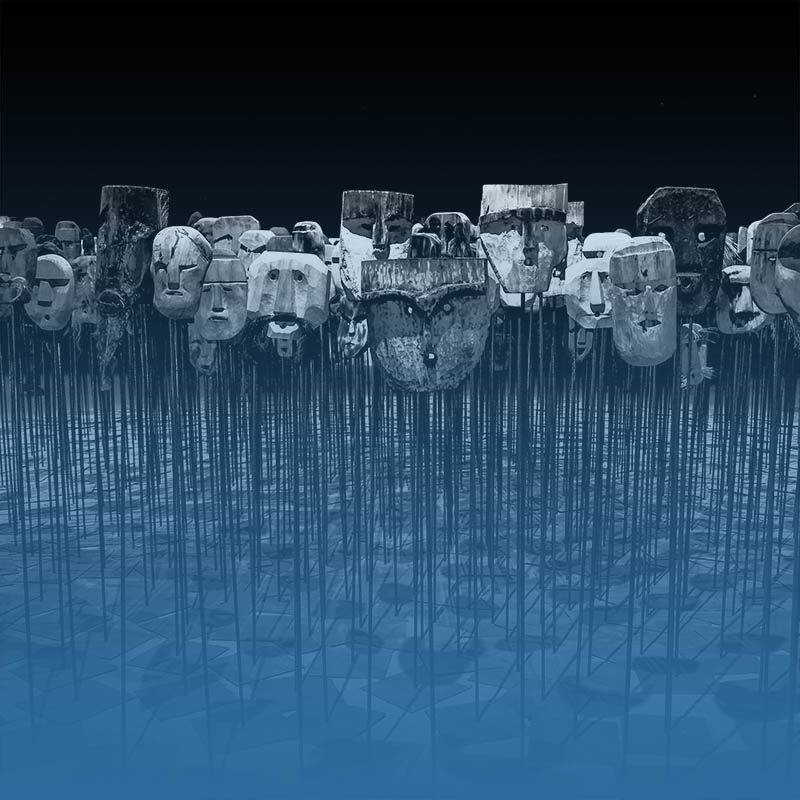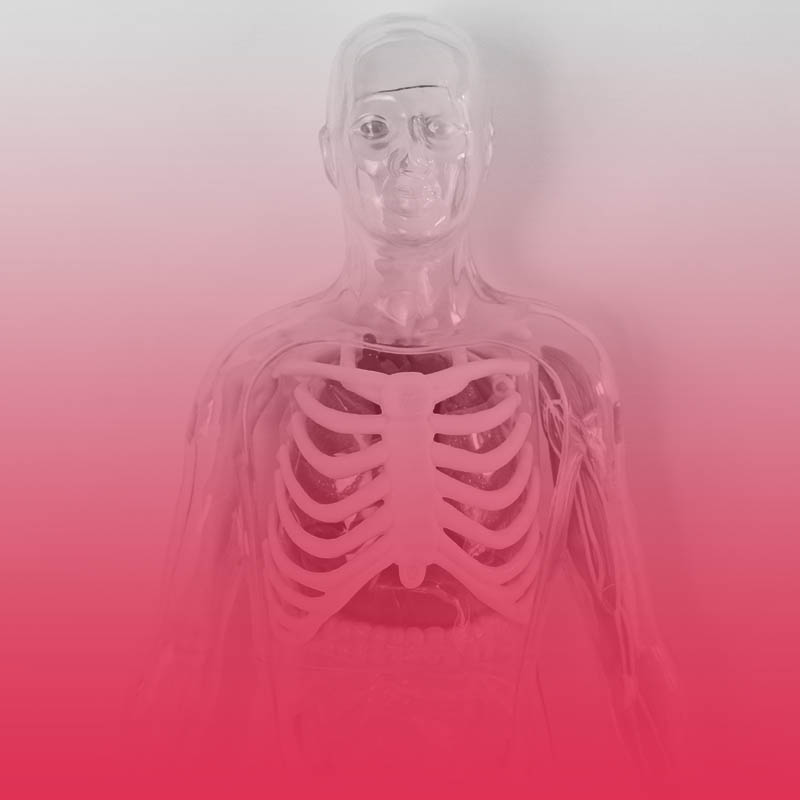Research Report: 2020
▼ Choose a report:

Powered by Research & Graduate Studies

Powered by Arts and Social Science

Powered by Fine Arts

Powered by Science and the Environment


Erica Hurley, Nurse Educator
Nurse educator Erica Hurley explores the Mi'kmaq words Mist No'kmaq, which can be translated as "all my relations," in her 2020 article, Msit No'kmaq: An Exploration of Positionality and Identity in Indigenous Research, published in Witness: The Canadian Journal of Critical Nursing Discourse.
"Msit No'kmaq is not only at the centre of who I am as a person, but also who I am becoming as a researcher," she said. "Reflecting on how to honour all my relations within research, has allowed me to explore my beliefs about research, thereby developing a clear understanding of the purpose and intentions of engaging in Indigenous research."
Ms. Hurley said that rather than seeing researchers as insiders or outsiders within the context of Indigenous communities, she argues that it is important to engage in reflexive processes that make visible a researcher's positionality and who they are and are becoming.
Ms. Hurley, who is a Mi'kmaw woman from western Newfoundland, is a registered nurse and is currently a Nurse Educator at Western Regional School of Nursing. She is also an adjunct professor in the School of Arts and Social Sciences at Grenfell, and is currently pursuing a PhD of Nursing at the University of Alberta.
She cites that Indigenous peoples have endured non-Indigenous people completing research on them, rather than in collaboration with them (Canadian Institutes of Health Research [CIHR], Natural Sciences and Engineering Research Council of Canada [NSERC] Social Sciences, & Humanities Research Council of Canada [SSHRC], 2018). The 2015 Truth and Reconciliation Commission of Canada's (TRC) final report calls on all Canadians and various institutions to work towards true reconciliation (TRC, 2015) and to engage in research with Indigenous peoples and communities. The report points to the importance of building the capacity of Indigenous communities and peoples to undertake and lead their own research programs.
"Researchers have a long tradition of differentiating their positions from an insider or outside perspective – whereby non-Indigenous people who engage in Indigenous research are most often positioned as outsiders," said Ms. Hurley. "How one is positioned affects the research and great care must be taken to account for one's position during all phases of the research; yet I argue that the dichotomous position as either/or does not make visible the complexity in working with Indigenous communities and peoples. It is important to recognize that all researchers must engage with complexities inherent in the negotiations of ongoing historical relationships with communities and individuals, while simultaneously learning the cultural context and history of the community. In this way, the complex dichotomous positioning of insider/outsider requires an ongoing wakefulness to who one is."
She concludes that in order to represent experience, it is important to understand the ways in which the identity, position and intentions of researchers intersects with the processes of research. Thus, reflecting upon and inquiring into ones lived experience can help researchers understand their positionality and gain deeper insight while remaining focused on the relationships that are key to engaging in research alongside Indigenous peoples.
"Reflecting on how to honour all my relations with my own research has allowed me to explore my beliefs about research, thereby developing a clear understanding of the purpose and intentions of engaging in Indigenous research," said Ms. Hurley. "It is important to me that as a researcher I honour Msit No'kmaq in my ways of being. For me this is possible because of the deep knowledge I hold of Msit No'kmaq and my openness, humility and thankfulness to receive the ongoing teachings from family members, knowledge keepers, Elders, the universe and spiritually."
The full text of the paper is available here.